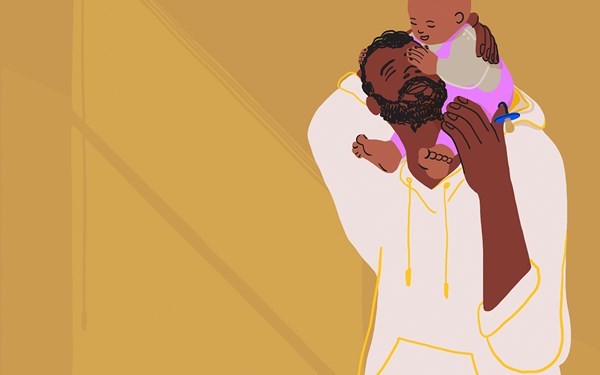Early parenting advice
Worried about a child?
Contact our child protection specialists for help, advice and support.
Illustration credits
Top banner image: Maria Grejc
Staying safe online: Social media – Janice Chang; Talking to your child about online safety – Anna Yael; Online wellbeing – Harriet Nobel.
All others: please see individual pages for details.



















